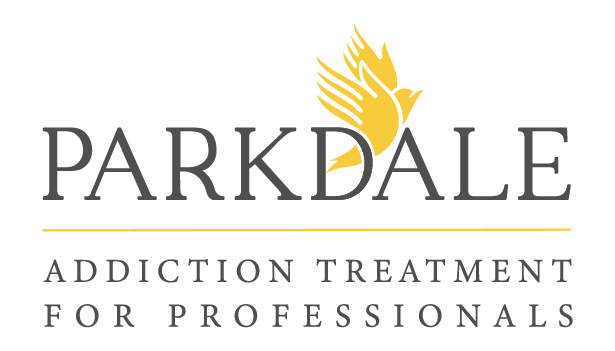Substance abuse does not discriminate. It affects people from all walks of life. Although certain groups are more vulnerable to chemical dependency, no one is immune. When we think of addiction what comes to mind may be the stereotypical concept of an alcoholic under the bridge or a junkie in the park begging for your change. However, with unfettered access to a whole host of drugs, the surprising culprit may in fact be your nurse. Ironic when you consider that according to a 2014 Gallup poll asking what profession was the most trustworthy, displaying honesty and ethics, nursing was the number one answer.
A USA Today report from April 2014 asserts: “More than 100,000 doctors, nurses, medical technicians and healthcare aides are abusing or dependent on prescription drugs in a given year, putting patients at risk.” This sobering statistic sheds light on an all-too-common problem and a serious issue facing healthcare facilities. Although nurses pledge as their duty to protect and comfort the ill, they may be the most vulnerable of all when it comes to chemical dependency. Given the fact that nurses administer the vast majority of medications in hospitals it stands to reason that this final link in the chain my be the most weak.
The susceptibility of nurses to addiction can be related to many factors in and outside of the hospital. The common impression of nurses as the benevolent and altruistic heart of the healthcare team may be accurate but it neglects to consider the inner paradox that this selflessness can create. We all know the nurse that signs up for extra shifts, stays late, and chips in to help her co-workers. She then goes home to perform her role as the caretaker of not only her children but perhaps an elderly parent. “Compassion-fatigue” is an often cited complaint of nurses in recovery. They spend their entire careers caring for others but neglect themselves. It’s no wonder that according to an article in American Nurse Today, about one in 10, or 10-15% of all nurses, may be impaired or in recovery from alcohol or drug addiction. This population’s exposure to the hospital setting can become stressful and tragic as nurses witness not only suffering but death on a daily basis. These circumstances can culminate into a scenario akin to PTSD, often times forcing the nurse who is relied upon for their steady bedside manner and strength to self-medicate.
Healthcare organizations should keep this hypothetical nurse in mind as they attempt to screen for chemical dependency or diversion in their workforce. In light of the fact that nurses are so often depended upon, they are much less likely to ask for help. If a hospital thinks that a drug addicted nurse is going to be easy to spot, they are sadly mistaken. When you combine an expert in pharmacology with the overpowering drive of addiction and sprinkle in unlimited access to narcotics you have an elusive offender on your hands. After all, a person suffering from chemical dependency will go to any lengths to continue their use and when placed in a position of such critical responsibility they can cause serious harm to themselves and patients.


